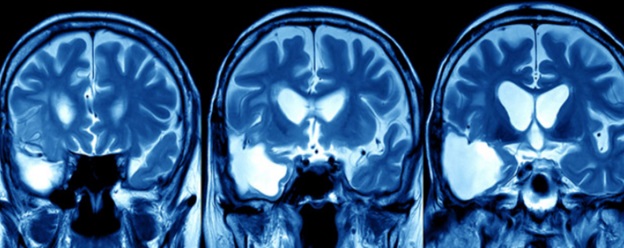What Are the Two Types of Traumatic Brain Injury?
While injuries to any organ within the human body can be life-threatening, traumatic brain injuries present an incredibly complex challenge to medical providers. Traumatic brain injuries or TBIs fall into two broad categories: closed and penetrating. The type of TBI will have major impacts on the prescribed treatment protocol and potential for recovery.
What Is a TBI?
A traumatic brain injury occurs when an external event damages a person’s brain. The term TBI is used to describe many different injuries to the brain. For instance, a mild concussion (brain bruise) is classified as a TBI and may result in symptoms, such as headaches or blurred vision symptoms. More severe traumatic brain injuries can result in lifelong disabilities or death. These injuries may occur due to a traffic accident, gunshot wound, or participation in sports activities, just to name a few.
The two types of traumatic brain injuries are:
Closed Brain Injury
As the name implies, closed brain injuries do not involve any penetration to the brain or break in the person’s skull. Closed brain injuries occur when an individual’s head is rapidly pushed forward or backward. This causes the brain to rattle or shake within the skull, resulting in damage and bruising to brain tissue.
Closed brain injuries occur during sports, from falls, and in car accidents. Even though closed TBIs do not include any penetration of the skull or brain, they can result in severe injury or death.
Penetrating Brain Injury
Penetrating brain injuries are the less common form of TBI. These injuries occur when a patient suffers an open head injury or breaks in the skull. A person suffering a headshot wound is the most common example of a penetrating brain injury.
Potential Effects of a TBI
Traumatic brain injuries can cause a diverse array of effects, depending on the severity of the damage and the injured portion of the brain. Some deficits caused by TBIs may include:
- Coma
- Decreased self-awareness
- Shortened attention span
- Confusion
- Memory issues
- Amnesia
- Inability to comprehend certain concepts
- Decreased endurance
- Paralysis
- Poor balance
- Changes in personality
As a result of these various effects, coping with a TBI can be extremely difficult for patients. Fortunately, several new treatment options may offer some relief for patients that have experienced a closed traumatic brain injury. One such intervention that has produced promising results in recent studies is stem cell therapy.
While more research is needed, this intervention’s low risk and provides a natural alternative option that patients may consider exploring to see if maybe a potential option for them to help manage symptoms and potentially help in regeneration of damaged tissues.
This post was written by a medical professional at Stemedix Inc. At Stemedix we provide access to Regenerative Medicine for TBI, also known as stem cells for traumatic brain injury. Regenerative medicine has the natural potential to help improve symptoms sometimes lost from the progression of many conditions.

